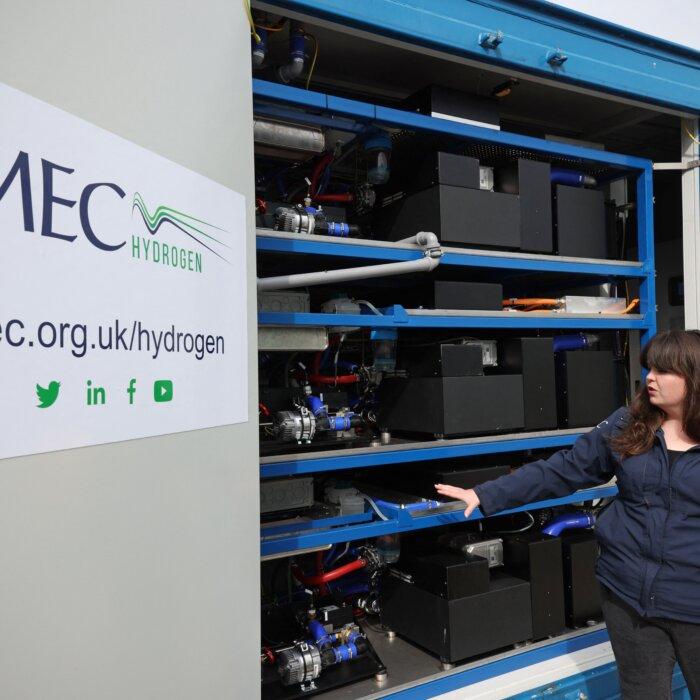The government has announced plans to build a new nuclear power station as part of its strategy to improve British energy security and cut household bills.
The new reactor would be as big as Hinkley Point C in Somerset, which is currently under construction, and the planned Sizewell C in Suffolk.
Whether the government will go ahead with its plan depends on the financial investment decision on the Sizewell C plant, which is expected before the end of this year.
So far the government has committed to £1.2 billion of investment for Sizewell C, adding to its original £700 million stake. The plant is expected to start operations in the mid-2030s.
The government’s civil nuclear roadmap to 2050 has laid out plans for a new reactor, despite the financial uncertainty around Sizewell C and the ongoing opposition to the Hinkley Point C construction by local and national groups.
Officials plan for the biggest expansion of the sector in 70 years, which will reduce the reliance on overseas supply. Secretary of State for Energy Security and Net Zero Claire Coutinho has called it the “reawakening” of the UK nuclear industry.
She added that massive financial boosts are required to reach net zero targets by 2050 and minimise energy dependency on Russia.
The roadmap also sets out plans to reach nuclear capacity of up to 24 gigawatts (GW) by 2050. This can be achieved by securing investment to deliver 3–7 GW every five years from 2030 to 2044 and eventually deliver on the 2050 goal.
Dynamic Sector
At present, the UK has five nuclear power plants owned by EDF, the French state-controlled energy group. While some ageing reactors are due to be decommissioned in the next 10 years, EDF has recently announced plans to invest a further £1.3 billion in the UK’s generating nuclear power stations over 2024–2026.The French group also aims to extend the Sizewell B plant on the Suffolk coast by a further 20 years, out to 2055.
Meanwhile, the UK government announced plans to grow domestic production of low-enriched uranium, a specialist fuel that power nuclear reactors. Currently, it is only commercially produced in Russia.
“We will remove any remaining Russian fuel and uranium supply to the UK by 2030 and work with our international partners to end international dependence on Russia,” the roadmap states.
It also includes a pledge of investing £300 million in the project and plans to have the first plant operational in the early 2030s.
“This will be critical for energy security at home and abroad and builds on Britain’s historic competitive advantages,” said Ms. Coutinho.
The government’s nuclear power ambition laid out in the roadmap has been questioned by campaigners.
She also questioned the government’s decision to explore a new nuclear plant while Hinkley Point C is still not operational and not fully financed.
Jack Abbott, a Labour candidate in the neighbouring constituency to Sizewell, said in a post on X, formerly known as Twitter, that the Conservatives were merely producing “warm words, hot air and re-announcements.”
“The Conservatives have been in power for 14 years and not one new nuclear site has opened, despite inheriting 10 approved sites from the last Labour government,” he added.
Chair of the board of the think tank E3G, Tom Burke, called government plans “delusional.”
Ministers, however, maintain that their vision will deliver a dynamic civil nuclear sector and the “‘incomparable’ energy supply Churchill predicted almost a century ago.”







